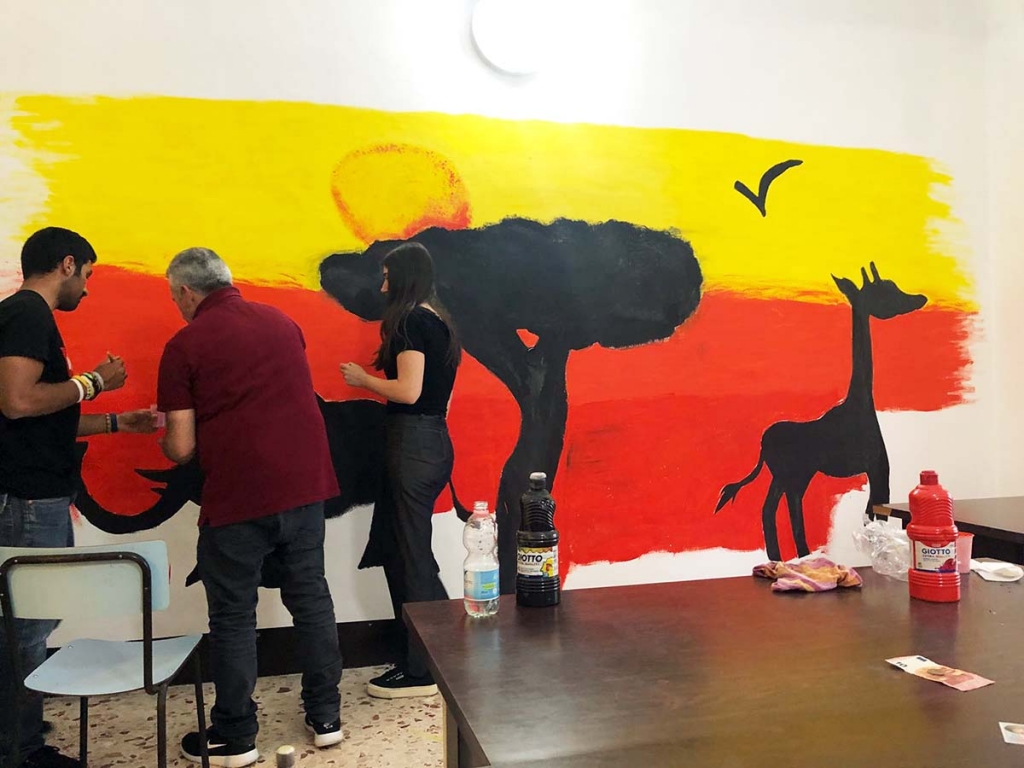 They are children and young people who come by sea, on old boats that are unstable and overloaded, risking their lives almost to every wave. Often they do not understand Italian well and certainly are not aware of all their rights, nor of what awaits them. If they left on their own, or remain alone on arriving, what they may find is a future as clandestines, marginalized. But sometimes, things go differently, because there are also people who do think of them: like the Salesians of the "San Gregorio" community of Catania, in Sicily, which inaugurated a new house yesterday, May 2; its name: Najma, which means star in Arabic. The phenomenon of Unaccompanied Foreign Minors (MSNA) is clearly growing in Italy. And behind every statistical number, there is a life, an existence, that has been uprooted and completely isolated, exposed to forms of social risk such as crime, abuse, violence, poverty ... To offer human and Christian solutions to this phenomenon, the "Salesians for Social - SCS / CNOS Federation" started "M'interesso di te", or “I take interest in you, care for you”, at the beginning of 2018, a program which includes, among other tasks within Catania's Salesian world, the San Gregorio Center, on the outskirts of the city. As early as February, street educators, counselors, psychologists, lawyers and volunteers have been guaranteeing each child intercepted their support and protection, but only yesterday did the Salesians of San Gregorio and the Associazione MetaCometa Onlus officially inaugurate their headquarters. Present at the opening: the Provincial of the Salesians of Sicily, Fr Giuseppe Ruta, the Vicar General of the Archdiocese of Catania, Mgr. Salvatore Genchi, and institutional figures of both the Christian and Muslim religious, civil and social world. At the Catania's Najima "low threshold" center (ie for people in extreme difficulty), the so-called "invisible migrants" - MSNAs or recently of adult age - have the chance to wash, eat hot meals, rest, participate in activities of recreation and socialization. The "Najma" reception center also carries out social mediation work with related institutions and offers orientation courses for study and work, with the creation of study grants and job grants. Since many of the "invisible migrants" are exposed to the risk of addictions, health problems and exploitation, a legal advisory service is also available to them, both criminal and civil, and support in processing their personal document. http://www.infoans.org/en/sections/news/item/5387-italy-najma-house-for-invisible-migrants
1 Comment
Together with the migration and Human Rights network of the European Youth Forum, DBYN is working on guidelines for the inclusion of young refugees in the work and structures of youth organisations. At the COMEM (Council of members) of the European Youth Forum in Cascais, a draft of the development process of the document and a current draft was presented. Participants contributed with further inputs and best practices tackling challenges youth organisations and young refugees face in order to participate in youth organisations and engage in their decision-making bodies.
Members of the Migration and Human Rights network started to work on the guidelines in June on the Network meeting in Brussels. From there, information was collected by interviews with youth organisations and young refugees, including member organisations of DBYN. At the COMEM a summary of these interviews was presented. The final document is still in process. Whilst this session was an important opportunity for DBYN to stay engaged in the field of Migration and Human Rights and cooperate and get in contact with organisations working on this topic, the COMEM altogether is an essential part of DBYNs advocacy work. Next to updates of current work of the European Youth Forum – e.g. the www.transparencyatwork.org webpage tackling the problem of unpaid and quality internships – it also gives space for exchange of local initiatives and work of member organisations. One of the highlights this time was the policy paper on the Erasmus+ successor programme, which is of big importance for many youth organisations and young Europeans. In June 2017 more than 9,000 unaccompanied foreign minors landed in Italy , vulnerable young people who, after a long voyage to the sea, are alone and exposed to various risks. An answer to this emergency is the figure of the volunteer tutor , introduced by law 47/2017 on "Provisions on measures to protect unaccompanied minors . "
The volunteer tutor is a private citizen who decides to carry out the legal representation of the child only, so that his rights are acknowledged: he supervises the reception conditions, promotes his psycho-physical well-being and monitors his educational and training paths integration. As Salesiani per il Sociale, the emergency of foreign minors interrogates us first and calls us to give concrete answers. Given the multiplication of children arriving in our country, it is necessary to find new and motivated resources. This guide was born to guide all those citizens who want to respond to this appeal , providing all the information and requirements to become a volunteer tutor . The Guidebook is only available in Italian. Click on the Picture to download the guidebook. asmien Beckers (first standing on the right), youth representative for DBYN participated in the first meeting of the European Youth Forum's Migration and Human Rights network. This is a short press release on the event. On 19 and 20 June the European Youth Forum’s Migration and Human Rights Network (MHRN) held its first meeting of 2017 in Brussels. The Network focuses on promoting the social inclusion and empowerment of as well as combatting discrimination against young refugees.
Eight youth organisations participated in the meeting, some of which are joining the Network for the first time. The Network took stock of the work that has been carried out since 2015, while participants exchanged on their organisations’ initiatives and projects. Furthermore, participants agreed on the aims of the network. Among others, the Network aims to motivate youth organisations to include young refugees within their structures, and to ensure that young refugees are involved in decision-making processes. The two main priorities the Network identified for 2017 are:
On the occasion of World Refugee Day on 20 June, Network members participated in the conference ‘Time to be welcome: youth work and integration of young refugees’, where they showcased their projects on non-formal education, advocacy for refugee rights, empowerment and skills development and raising awareness about refugees. The joint press release from the European Youth Forum, the World Organisation of the Scout Movement and the EU-Council of Europe partnership in the field of youth who organised the conference is available here. The youth partnership between the European Union and the Council of Europe is going to publish a knowledge book on youth work with young refugees. When we received the call for abstracts, we thought this to be an unique opportunity to contribute to the topic from a Salesian perspective. Our German member organisation took the initiative of submitting the abstract: "Living under the same roof - a home for young apprentices and unaccompanied minor refugees right in the middle of Munich" by Benjamin Henn and Niklas Gregull. We are happy to announce that the abstract has been accepted, and we are invited to send the full article. You can read the abstract here Hi There! is a play project focused a young refugees and asylum seekers in Brussels. The project aims at developing the soft skills and competences the young refugees and asylum seekers need to successfully integrate in their local community. By the summer of 2018 the project aims to engage several as volunteers in the project as well. Hi There! was initiated by Belgian participants of DBYN activities. During the "Speak up" training course they developed the motivation to do something for young refugees in Belgium, during the "Travel Beyond!" training course they developed the project management skills required to set-up such a project. The volunteers looked for peers who wanted to join the project, resulting in a larger team of volunteers which is still growing. They applied for funding at Droomfonds of the Don Bosco Foundation, for the necessary funding to start the project. At the same time this project shows how institutional funding by the Council of Europe's European Youth Foundation (Speak up) and the European Union's Erasmus+ programme (Travel beyond) can lead to a longterm impact on local level. However, it still requires local financing and a huge effort of volunteers to actually implement the project. Since its creation DBYN joined the working group on Migration & Human Rights, which was created within the European Youth Forum to tackle youth policy issues related to this field of work. We had several of our youth representatives joining in the first meetings, and we even hosted a part of this expert group's first seminar in Vienna. After the part elections at the General Assembly of the European Youth Forum, November 2016, the YFJ decided to make this a more formal working group of the Forum. Seeing the work several of our member organisations, as well as the whole global Don Bosco Movement is doing in this field, we wanted to support this working group. Therefore we are happy to announce that our youth representative Elisabeth Graf has been selected to join the working group. Through this blog we will keep you updated on her work in this working group.
Lilli Graf is one of the DBYN representatives. She explains what is her function as volunteer in advocacy work. |
DBYNIn this blog, Don Bosco Youth-Net collects and publishes its news, VLOGS, policy statements and other information linked to our advocacy work. Categories
All
Archives
February 2024
|
- Home
- About
-
Training
- Upcoming activities >
-
Past activities
>
- Youth Guardians
- Rise: Design for emergent futures
- Mental Health in Youth Work
- Yout(h)echnology
- European School of Animators 2023
- The Future is Europe
- Voices of Youth 2022
- Educate to Elevate Youth
- SoS-Safeguarding
- Play It Covid-Safe!
- Coping over coffee
- Statement Coronavirus
- I Youth Advocate
- Camino
- European Summer School of Animators 2019
- The Journey Never Ends
- European Summer School of Animators
- Ready, Steady, Go !
- Advocates for Education
- Common ground
- Rise Up !
- DB4R >
- En Route >
- All Alien
- You(th) for Human Rights
- Generations of Participation - Past training
- Advocacy
- Resources
|
The international secretariat of Don Bosco Youth-Net ivzw is financially supported by the European Union, through its 'Erasmus+'-programme, and by the Council of Europe, through its 'European Youth Foundation'. This website is a publication of Don Bosco Youth-Net ivzw. The website reflects the views only of the author, and neither the European Commission nor the Council of Europe can be held responsible for any use which may be made of the information contained therein.
|
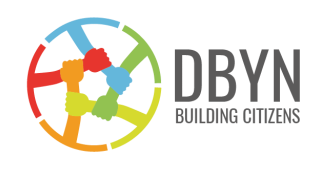
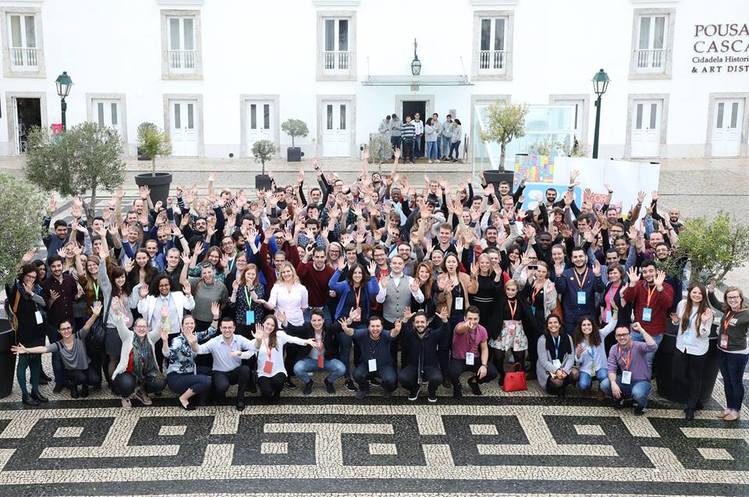
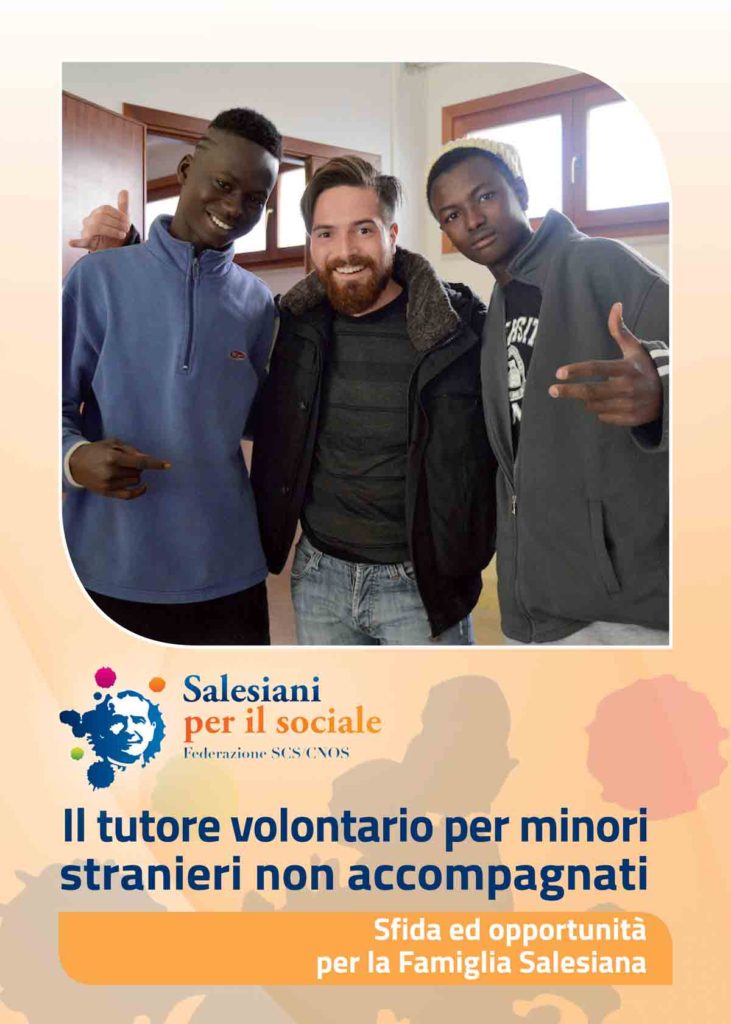
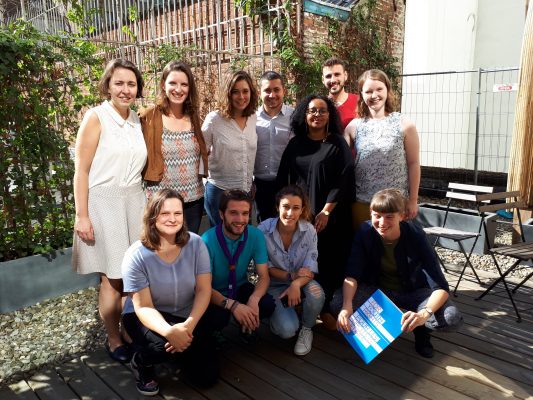
 RSS Feed
RSS Feed
